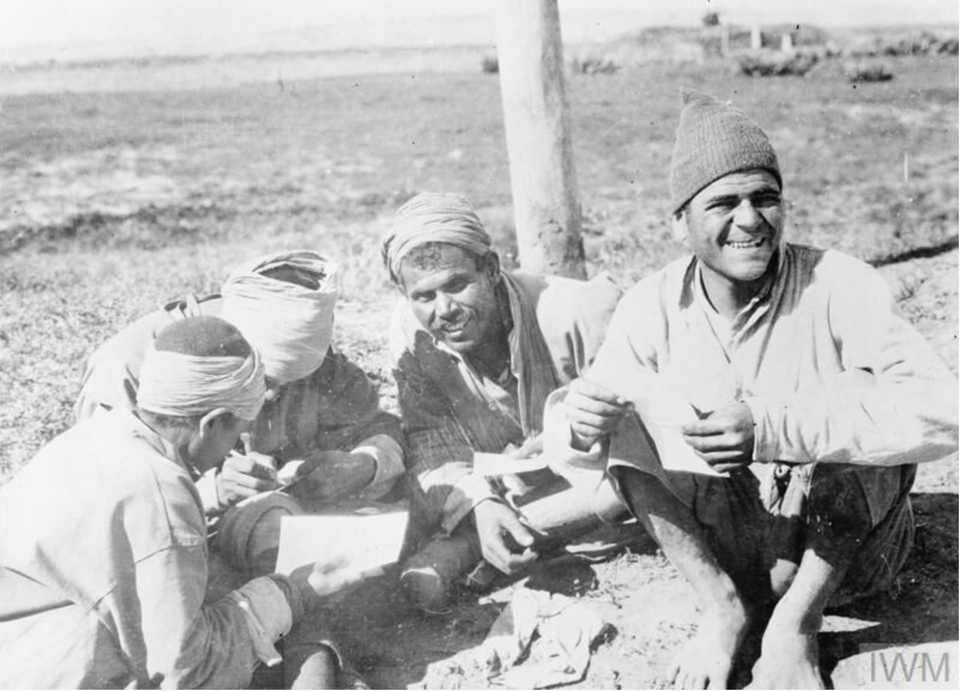Zentralinstitut der Humboldt-Universität zu Berlin

Strikes, Riots and Laughter: Tracing a Geography of Resistance by Egyptian Workers in World War I
Vortrag von Alia Mossallam
Records of Egyptian workers taken to World War I are as fragmented and dispersed as what is known of their experiences at war. Up to 1.5 million Egyptian workers were sent to various posts in Egypt, Palestine, Greater Syria and as far as the fronts in France, as Labor Corps of the British Imperial Army. They leave behind them a trail of archives that is as diverse in genre as it is in voice. In this presentation, Alia Mossallam tries to trace their 'voices' by following the growth of discontent amongst the workers through the various songs, stories, and jokes to be found through memoir, novel, military intelligence reports, and LP records. How do voices travel through time, space, technology and archive? And how can one voice be extracted through another, 100 years after the event? Their experiences at war result in a pivotal, but little known revolt culminating in Egypt, in the summer of 1918. What can be traced of the biography of this movement through their geographies of struggle?
Alia Mossallam is visiting scholar at Lautarchiv and interested in
songs that tell stories, and stories that tell of lesser known struggles
and moments of popular mobilization behind better known events that
mark World History. Her PhD dissertation explored a popular history of
Nasserist Egypt through stories told and songs sung by people who
contributed to milestone events of the 1952 revolution (the building of
the Aswan High Dam, and the 1956 and 1967 wars). She has taught at the
American University in Cairo (AUC), the Cairo Institute for Liberal Arts
and Sciences (CILAS), Freie Universität Berlin (FU) and held the series
of history workshops ‘Ihky ya Tarikh’ with students, activists and
artists in governorates all over Egypt, as an experiment in
history-telling. She has also explored playwriting with Laila Soliman
and Hassan El-Geretly as attempts to bring stories (and songs) of
struggle unto the stage.
Her publications include an article on youth activism in the volume Democratic Transition in the Middle East, a workers’ history of the Aswan High dam in the Journal of Water History, and an article on history workshops in Egypt in the History Workshop Journal. She has also written for Mada Masr, Jadaliyya and Ma'azif.
In 2017 and 2018, Mossallam is a EUME Fellow of the Alexander von
Humboldt Foundation working on a book on a popular history of the
building of the Aswan High Dam, and starting a new project on the
experience of the Egyptian Labour corps in World War I – mainly through
songs, theatrics and cultural articulations of their experience on the
home and war fronts.
